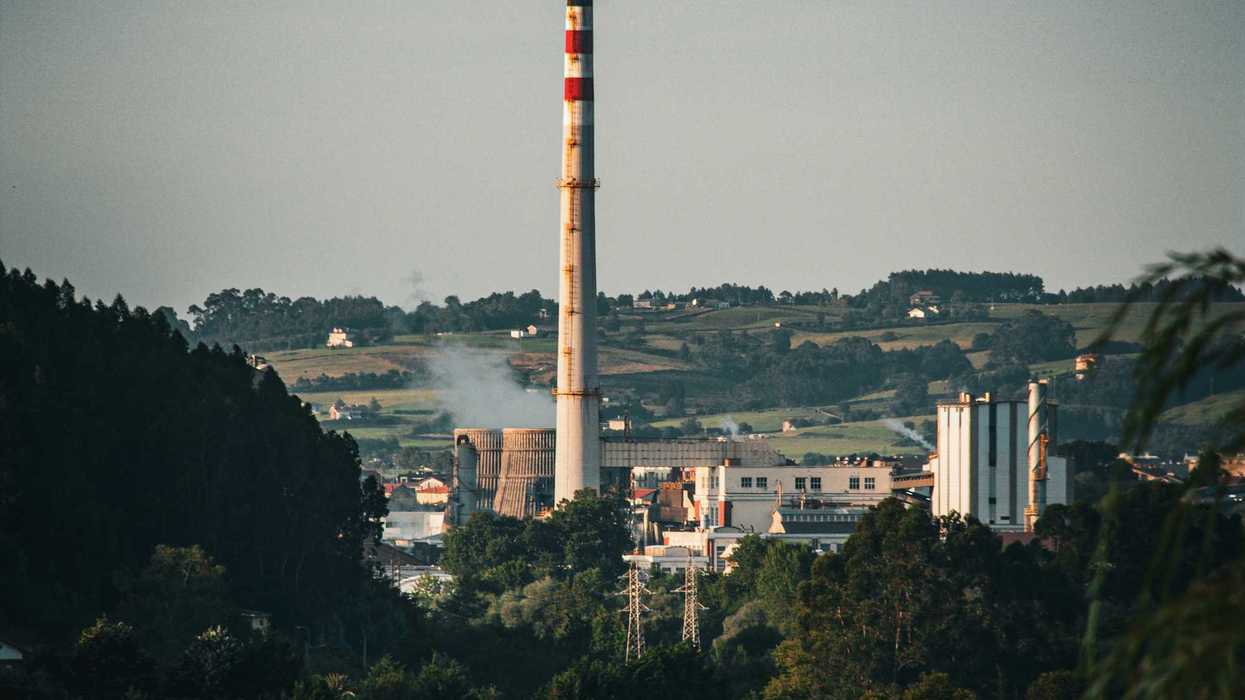As small-scale farmers across Africa reject industrial agriculture and multinational control, many are turning to agroecology to create sustainable, diverse crops without chemicals or expensive fertilizers.
Kaamil Ahmed reports for The Guardian.
In short:
- Ethiopian farmer Asmelash Dagne teaches water conservation and organic practices to help farms thrive without chemicals.
- In South Africa, Themba Chauke promotes community gardens using traditional intercropping techniques, empowering locals to grow their own food.
- Slow Food International’s Edie Mukiibi advocates for agroecology over industrial farming, arguing it ensures food security and independence from corporate control.
Key quote:
"It is so important not to lose the argument because then we hand our future to the corporations."
— Edie Mukiibi, president of Slow Food International
Why this matters:
Agroecology offers a sustainable alternative to industrial farming, protecting local food systems from corporate monopolies while helping farmers adapt to climate change and economic pressures. This approach also encourages biodiversity and healthier, self-sufficient communities.
Related EHN coverage:














